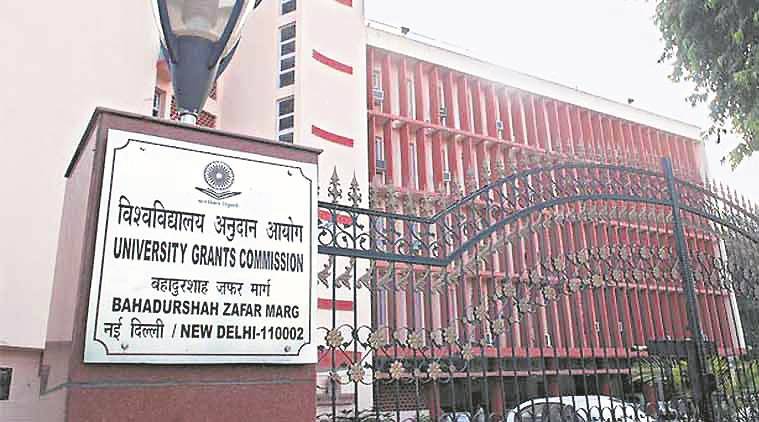A sudden change in the admission process has taken place in 45 central universities following the rollout of National Education Policy (NEP).
Was it unanimously decided?
No, it was not a Unanimous decision. “We have passed CUET for coming academic session and will now gear up for its implementation. There were nine dissents. Since this is an academic matter, the AC is the final authority in the matter. It does not need to be taken to the Executive Council,” said Registrar Vikas Gupta.
Dissent of nine members
The nine AC members have mentioned in their dissent note that “admission through the CUET will make the terrain even more unequal.”
AC member Mithuraaj Dhusiya said, “admission to undergraduate courses through the CUET is very problematic as it doesn’t take into consideration a student’s class XII marks. It is thus total devaluation of class XII study and marks. Plus, it puts into extreme disadvantage students who want to change stream.”
Furthermore, the dissent not clearly flags some of the direct repercussion of CUET, like –
- It will make the “terrain even more unequal,” by building the burden of expenditure on parents and disproportionately affecting those coming from a disadvantaged background. The concept of ‘one nation, one test’ appears empowering on paper, but does not take into account the fact that not everyone is entitled to resources.
- It will further increase the ‘coaching culture.’ In the wake of Madras High Judgement on NEET examination, the court has highlighted that the entrance examinations are benefiting certain strata of society, i.e., those who can afford coaching classes.
- Undergraduate admissions through an entrance exam would lead to complete erosion of XI and XII classes.
- It will impact the autonomy of colleges, specifically minority colleges.
- Imposing a new system from the 2022-23 academic year neglects to consider that the current batch of students already exposed to online learning due to COVID-19 may be juggling to cope with pressure.
- Another prominent question that has been raised is whether the National Test Agency is well prepared or not.
What about Minority Colleges?
Prior to this, minority colleges like St. Stephens and Jesus and Mary College used to have a separate list and forms, however, now they will hold admission through CUET only.
In the case of St. Stephen’s college
Since it’s a minority college, it used to have a different admission process as compared to the other colleges of Delhi University. Cut-offs were not the only criteria for admission. The college released its own cut-off. In addition to the cut-off, there are three other criteria for admission. Eighty five percent of the weightage was given to marks obtained in the 12th grade, and fifteen percent to both interviews and tests.
Recently, due to the outbreak of COVID-19, the college did away with the written test and shift the interview to the hybrid mode.
The detailed structure at the beginning was quite vague, so there were certain doubts as to whether the college could continue to hold interviews.
Adding on, Registrar Vikas Gupta clarifies that St. Stephens will be allowed to conduct interviews but only for minority candidates only.


It will hugely impact on the autonomy of colleges, specifically minority colleges.
The National Test Agency need to be well prepare for this.